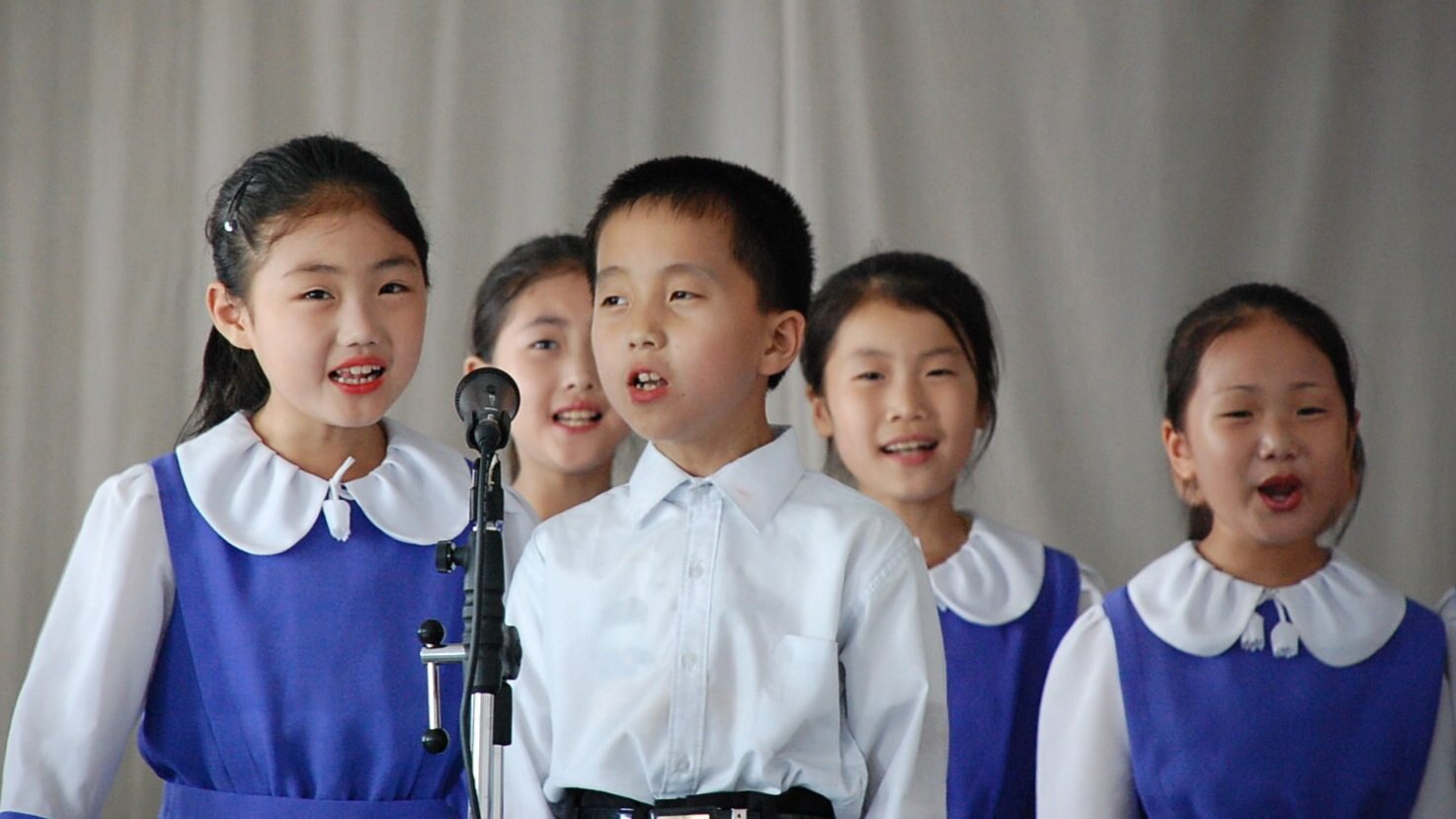The contrast of life between North and South Korea could not be greater. Even childhood is a profoundly different experience in the two countries. South Korea recently celebrated Children’s Day on May 5 as a national holiday of no school, tasty treats and a showering of gifts. Today is North Korea’s Children’s day, a holiday in which childhood is celebrated in vastly different ways.
Songbun
A baby born in North Korea is given a social status at birth, which determines much of his or her future. Known as songbun, based on the status of his or her father, an infant is officially classified as “special”, “nucleus”, “basic”, “complex” or “hostile”. Songbun translates to “ingredient” and dictates what area this family will be allowed to live, which university this child will be able to eventually enter, where she might work and whether she will have the privilege to join the Korean Workers party. According to Fyodor Tertitskiy of The Guardian, “becoming a party member is the only way to aspire to a high social position” in North Korea.
Education
Kindergarten begins at the age of five in North Korea. Secondary schooling, which is called “middle-high”, continues from the ages of ten to sixteen. Military service is required for both North Korean men and women at the age of seventeen where women serve until they turn twenty-three and men serve for ten years.
All children between the ages of seven and thirteen are required to join the Korean Children’s Union. It is one of the many unions North Koreans will join in their lifetime of indoctrination and forced loyalty to the Kim dynasty. Each child reads an oath of allegiance during an admission ceremony which reads something like this:
“I join the ranks of the Korean Children’s Union, founded by the Great Leader Generalissimo Kim Il-sung and shined upon by the Great Guide Commander Kim Jong-il, do hereby swear to always and everywhere think and act according to the teaching of the Generalissimo Kim Il-sung and Commander Kim Jong-il and to become a good reservist of the brilliant cause of constriction of Communism, which is carried along from generation to generation by the great revolutionary deed of Juche.”
Some find it disturbing to see the purity and joy of childhood so grossly corrupted in North Korean children.
North Korean Children’s Holidays
North Korea observes two official holidays in June for children: June 1 as Children’s Day and June 6 as Children's Union Day. Children’s Day in North Korea mostly targets preschoolers and is a day of festivities and games. A few days later, June 6 celebrates the establishment of the Young Pioneer Corps in 1946. On this day, newly initiated Union members are presented with a red necktie from their teachers before repeating the above oath of loyalty in front of portraits of Kim Il Sung and Kim Jong Il.
In 2012, on the 66th anniversary of Children’s Union Day, Kim Jong Un said before a gathering of 20,000 members of the Children’s Union that they were the future masters of "a most powerful country where every home will be full of laughter and everybody lives in harmony."
Children’s Day in South Korea
Children and families in South Korea celebrate Children’s Day (어린이날) on May 5, a national holiday that appreciates and celebrates children. It has been celebrated since 1923 and was officially designated as a public holiday in 1975. Children’s day is often spent doing fun activities as a family and also involves eating out and giving gifts to children and can feel like a second birthday celebration for kids.
Power to save
The sad reality of the stark difference experienced between children of North and South Koreans feels all the more tragic on a day like today. Though we may feel powerless even as we wish for change, we’re thankful for the opportunity to help North Korean refugees and their children in China and South Korea. They give me hope and serve as a reminder that God is always at work, even when the truth of their realities appear bleak.



